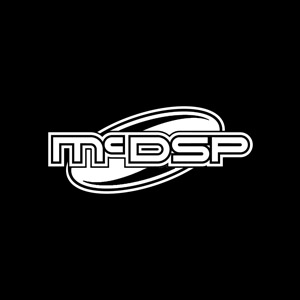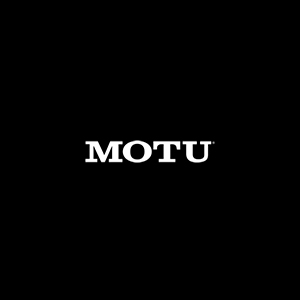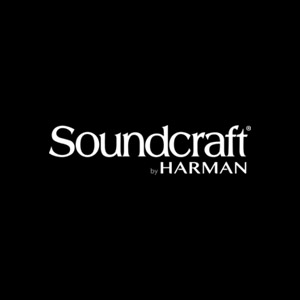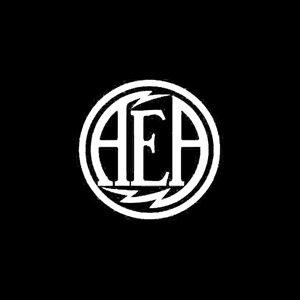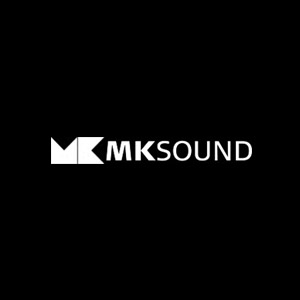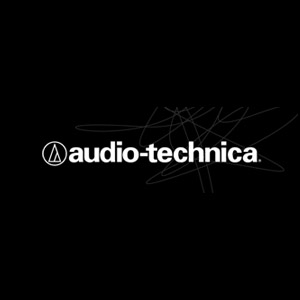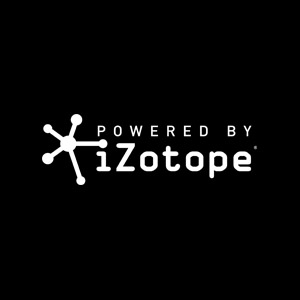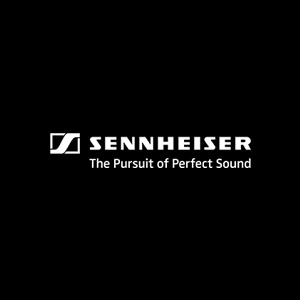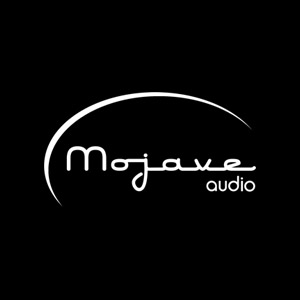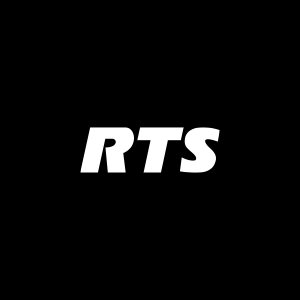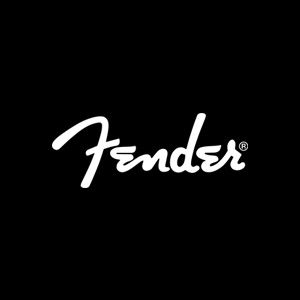New Classes for Post Production @CRAS
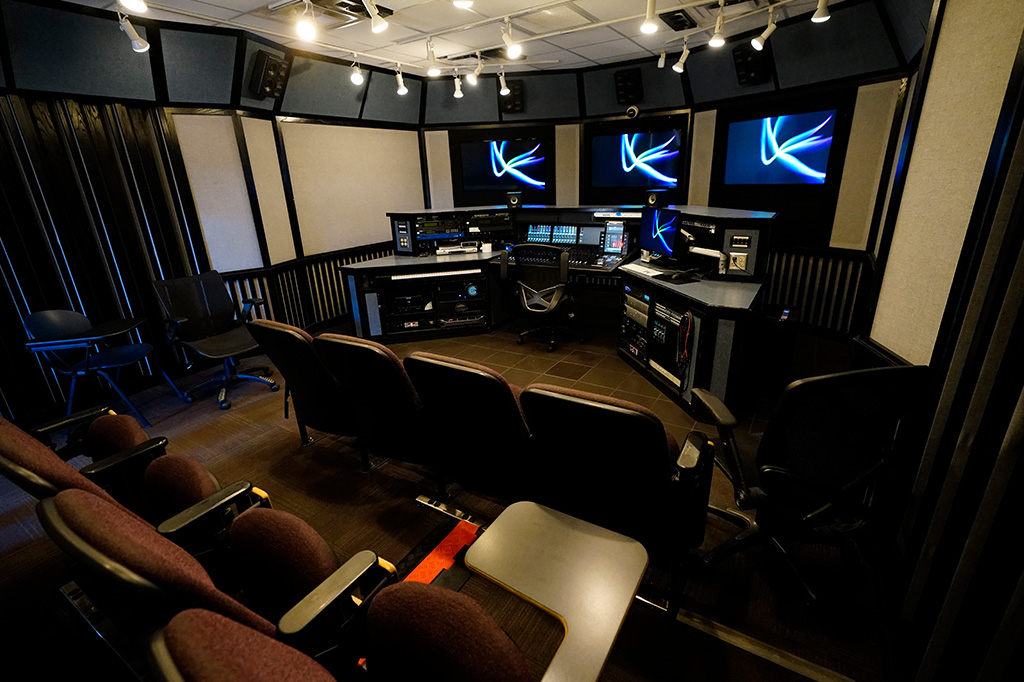
With the expansion of the curriculum at CRAS, there are new classes for Post Production @ CRAS that are now being taught that expose students to more opportunities for work in the industry. Staying true to our mission, we are always looking for topics to teach that can add additional skills to the employability of our students.
One of these classes is our new production shoot that has been added to our Post Production course.
Students start Post Production in 7th Cycle*. Throughout the Post Production course, they are exposed to the basics of working in the post industry. They learn about storyboards, understanding of sync, dialog replacement, foley, and sound design. They even record a small orchestra, which will be used as the music score of a movie project they work on in class.
But…let’s get back to this new class. When students arrive for class they are given objectives for the production shoot, then have the day’s class time to set up and record their mini documentary.
The signal flow for the day is discussed, roles are assigned and students begin the production shoot with the guidance of their instructor.
The equipment needed for the day is obtained and students begin to assemble the gear and get the location set up for the shoot. Cameras, lights and audio all need to be set up to record the mini documentary.
The total time for students to set up the location, test their signal flow for both audio and video, and get everything prepped usually takes about 2 hours. Once the set is ready, they begin to record their documentary. They have the remaining time left in class to record as much as they can of the scripted documentary. The following Monday of class, they will edit the audio and learn how to re-apply that edited audio back to the video they shot.
I mentioned earlier the students are assigned roles – some of those roles in this class are camera operators, lighting, boom operator, production sound mixer, a utility person, and also the talent for the day. The instructor plays the role of Director. Not only are students assigned these roles, the instructors talk to them about the specifics of these jobs and potential for these positions in the industry.
Check out this article below, from Forbes, about jobs in the movie industry, including a boom operator and production sound mixer.
All in all the day is a great experience for CRAS students. Preparing a location for recording is a real world hands-on learning experience that are students get to immerse themselves in for the day.
They have to be very conscious of the time during set up and recording, have to be able to troubleshoot in a timely manner, think quick on their feet when dealing with challenges during the recording, and complete the objective of the class with a mini documentary being the end result.
A production shoot is just one of the newest classes we’ve added. In the upcoming weeks, I will be covering more additions to our program! For more information about our program, visit our website and see the additional courses we offer. www.cras.edu
*Classes are on a cycle system, every three 3 weeks, students advance into the next cycle. There are 12 cycles in our Master Recording Program.



